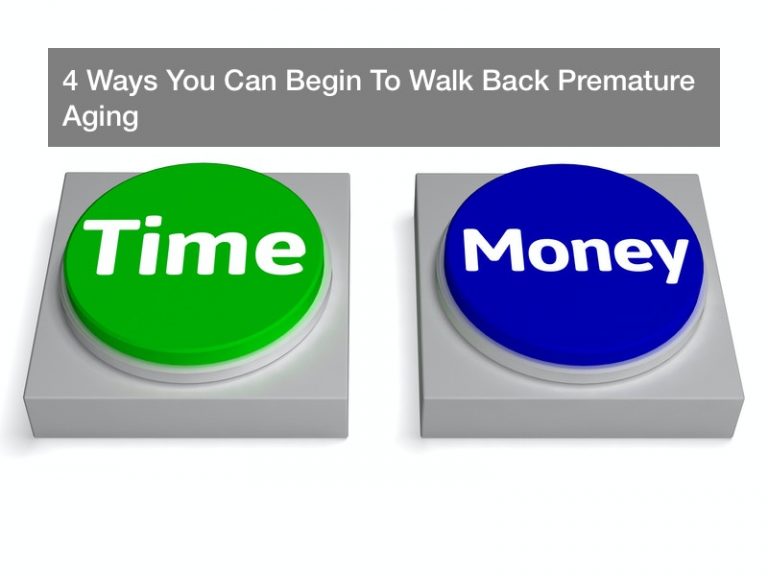
- Stay active to enhance health, mobility, and mood through suitable physical activities and professional guidance.
- Seek support from friends, family, and professionals for emotional support, practical advice, and daily task assistance.
- Adapt your environment with modifications and assistive devices to improve safety and maintain independence in daily activities.
- Practice self-care through a balanced diet, adequate rest, stress management, and engaging in enjoyable hobbies and social activities.
As you age, you may begin to experience chronic impairments that can affect your daily life. These impairments can range from physical disabilities to cognitive challenges, and they can present unique obstacles that require careful navigation.
This blog will discuss essential tips for aging individuals living with chronic impairments. These tips are designed to help individuals maintain their independence, improve their quality of life, and navigate the challenges that come with aging and chronic conditions.
Stay Active
One of the most important things aging individuals can do to manage chronic impairments is to stay active. Regular physical activity not only helps improve overall health and mobility but also boosts mood and mental well-being.
It’s important to find activities that are suitable for your abilities and limitations, whether it’s walking, swimming, or gentle yoga. Consult with a healthcare provider or physical therapist to develop a safe and effective exercise routine that works for you.
Seek Support

Living with chronic impairments can be challenging, so it’s essential to seek out support from friends, family members, or support groups. Connecting with others who understand what you’re going through can provide emotional support, practical advice, and a sense of community.
Additionally, consider reaching out to professionals who can offer help in managing your condition. A professional home health aide, in particular, can provide assistance with daily tasks such as meal preparation, medication management, and personal hygiene. They can also offer companionship and support, helping to alleviate feelings of isolation and loneliness.
Adapt Your Environment
Modifying your living space can help make daily tasks easier and safer for individuals with chronic impairments. Consider installing grab bars in the bathroom, adding handrails on staircases, using assistive devices such as walkers or teachers, or rearranging furniture for better accessibility. Simple changes like these can make a big difference in maintaining independence and reducing the risk of falls or accidents.
Practice Self-Care
Taking care of yourself is crucial when living with chronic impairments as an aging individual. Prioritizing self-care can help improve overall well-being and manage symptoms more effectively. Here are simple practices to incorporate into your daily routine:
Eat a Balanced and Nutritious Diet
Eating a balanced and nutritious diet can help manage symptoms and boost energy levels. Ensure your diet includes plenty of fruits, vegetables, whole grains, lean proteins, and healthy fats.
Get Enough Rest and Sleep

Proper rest and sleep are crucial for maintaining health and managing symptoms. Aim for seven to nine hours of sleep each night and try to establish a consistent bedtime routine.
Practice Stress Management Techniques
Living with chronic impairments can be stressful, but managing stress is essential for overall well-being. Consider incorporating stress management techniques such as meditation, deep breathing, or yoga into your daily routine.
Engage in Hobbies and Activities
Staying socially connected and engaging in activities you enjoy can improve your mood and overall well-being. Consider joining a local community group, volunteering, or pursuing a hobby that brings joy and fulfillment.
With these self-care practices, you can improve your quality of life and better manage the challenges of living with chronic impairments. Remember to consult with your healthcare team for personalized advice on managing your specific conditions.
Stay Positive
Maintaining a positive attitude is key when dealing with chronic impairments as an aging individual. It’s normal to experience feelings of frustration, sadness, or fear when facing challenges related to your condition. However, focusing on the present moment and finding joy in simple things can help improve overall outlook and emotional well-being.
Practicing gratitude, engaging in hobbies and activities you enjoy, and surrounding yourself with positive influences can also contribute to a more positive mindset. Additionally, seeking support from friends, family, or a therapist can help you cope with difficult emotions and maintain a positive attitude. Remember, it’s okay to ask for help and prioritize your mental health while managing chronic impairments.
Navigating the journey of aging with chronic impairments requires a comprehensive approach that encompasses staying active, seeking support, adapting to your environment, practicing self-care, and maintaining a positive outlook. By integrating these strategies into your daily life, you can enhance your independence, bolster your quality of life, and effectively manage the unique challenges posed by chronic conditions.
Embracing a balanced and nutritious diet, ensuring adequate rest, engaging in stress management techniques, and finding joy in hobbies and social connections are all vital steps toward a healthier, more fulfilled life. Remember, you’re not alone in this journey, and seeking assistance from both your personal network and professionals can provide the support and guidance needed to navigate these challenges.




